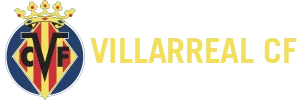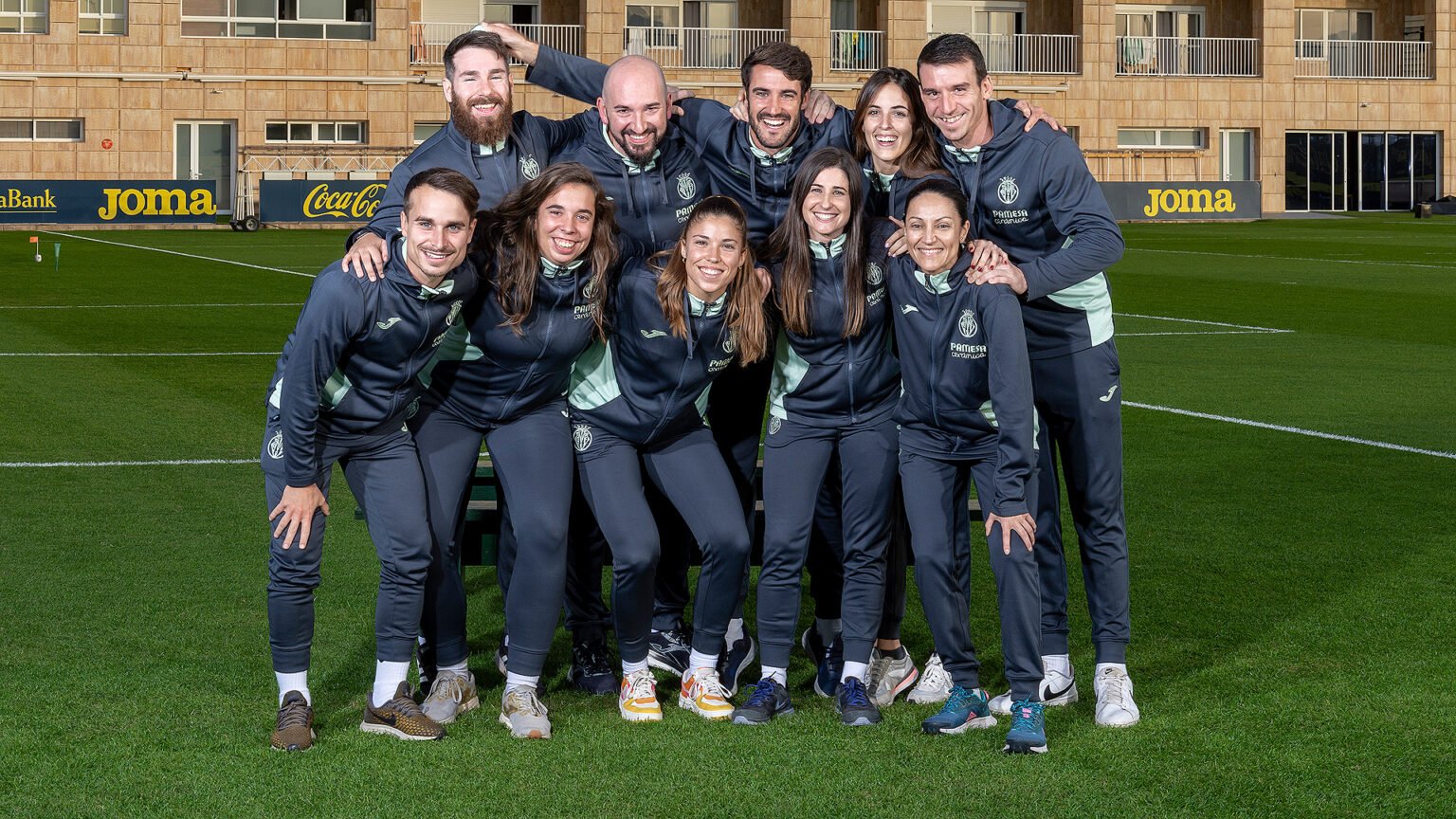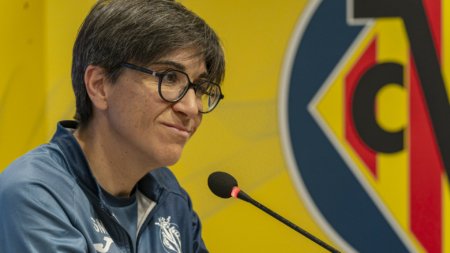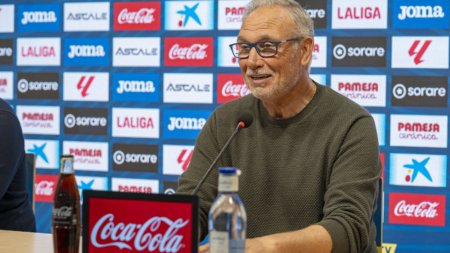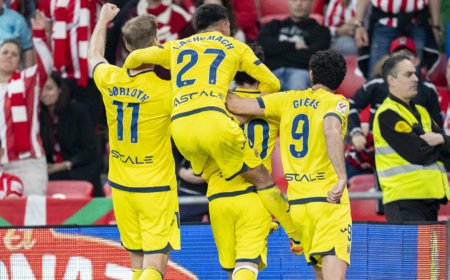Rosa Picó explains how the Psychology Department works with academy players
The mental aspect is becoming increasingly important in the world of football and the professionals at Villarreal are aware of this and work every day to ensure that their young players are mentally prepared for the beautiful game and for life.
Rosa Picó, coordinator of the Submarine’s Psychology Department, leads a team of nine other psychologists: Jahel Molina (Villarreal Women), Bernardo Vert (Villarreal B), Cristian Segovia (Villarreal C), Javier Garrido (U19s), Neus Ramos (U18s), Joaquín Martínez (U17s), María Cosín (U16s and 14s), Laura Sánchez (U15s and U13s) and Kristopher O’Hare (International Department and eight-a-side football). They are in charge of forging the mental strength of the promising players of the Yellows Academy.
In the Psychology Department, a multitude of aspects are worked on, as Picó explains: “The main objective is sporting performance, as the boys come here to play football, which is their passion, and they have a certain talent that allows them to compete in these leagues,” adding: “We try to control all the variables to optimise it. Many of them are reflected on the pitch, such as the management of emotions, pressure, error management and decision-making.”
In addition to working with the players, the Villarreal psychologists also invest their time with the coaches to “provide them with tools so that they can get to know themselves from a professional point of view and so they can work on a specific objective, in this case on communication both on the pitch, in pre-match or individual talks with the player, as well as in videos…”, says the psychologist from Burriana. Each coach “records their verbal and non-verbal communication, analyses the recording and finally reflects with their team psychologist on the improvement that is being achieved and thus continue to develop a work plan,” she adds.
The example of Manu Trigueros
Manu Trigueros is the quintessential example of a Villarreal footballer with an education. More and more cases are being found in Villarreal’s top teams, such as Iker Álvarez or Iker Goujón in the B team. Picó talks about the importance of the holistic dual career: “The fact that they study helps them not to have too many free hours, thus keeping their minds busy so that they don’t only think about football, as that is not productive either.”
In addition to helping them in their future career, this initiative helps them to optimise their football performance: “Many people think the opposite, but having more obligations means that the time they devote to football is of higher quality.”
“We also prepare them, in that sense, for their retirement, not because they will not make it in professional football, but because sport comes to an end at some point in their lives and this makes it easier for them to find other job opportunities in the future. Their adaptation to the environment after retirement will be easier,” says Picó.
Learning to live independently
As well as focusing on football and studies, the youth players, supported by the club’s psychologists, acquire knowledge about other facets of life with more specific workshops such as “the use of mobile phones, an economics workshop so that they learn to manage their money, as they are quite young and probably nobody has taught them how to manage their accounts before, or autonomy workshops with the aim of learning certain habits as they move from living in the residence to flats and it is they themselves who have to prepare many things”, Picó exemplifies.
The young psychologist also stresses that “with the children in the residence we are also concerned with the management of their free time. It’s not all about football or studies. We have coexistence programmes so that they learn to live together in a pleasant and respectful way.”
Learning values
Thanks to the Endavant project, which began with the support of José Manuel Llaneza, Villarreal has been able to help its youth players learn about other realities through collaboration with various associations and centres in the province.
Despite the fact that this initiative does not correspond to the Psychology Department, it monitors it as if it were just another workshop to help in the training of the club’s youngsters. “It is said that we train footballers as people, but no, we train people who are dedicated to the world of football. For me they are not two different items. They face uncommon situations in society, but with this programme we try to make them see other problems of many people and they can collaborate with them,” explains the coordinator.
Villarreal offers its youth players a comprehensive training on a sporting, academic and social level, preparing its future stars for the world of football and for life.
